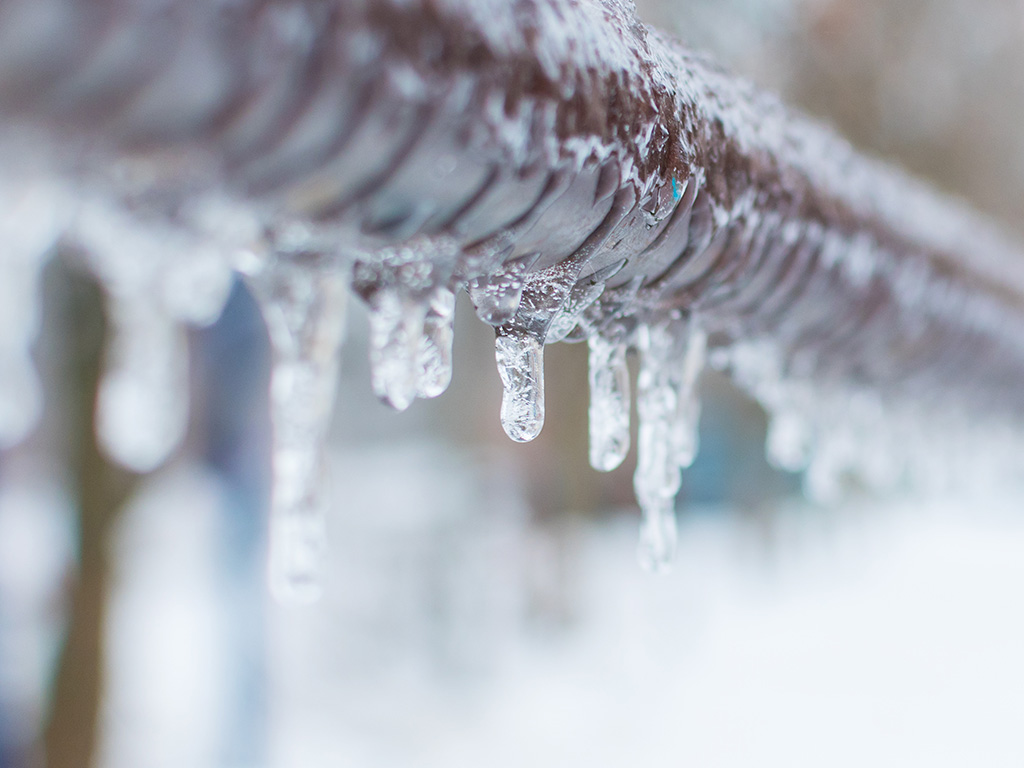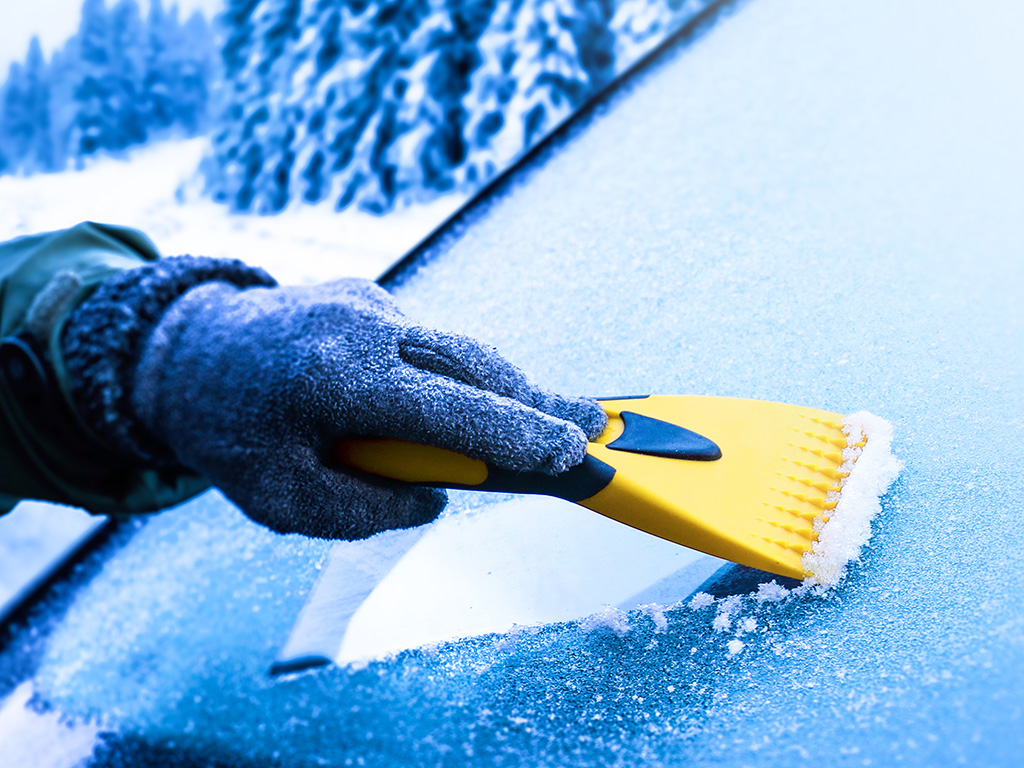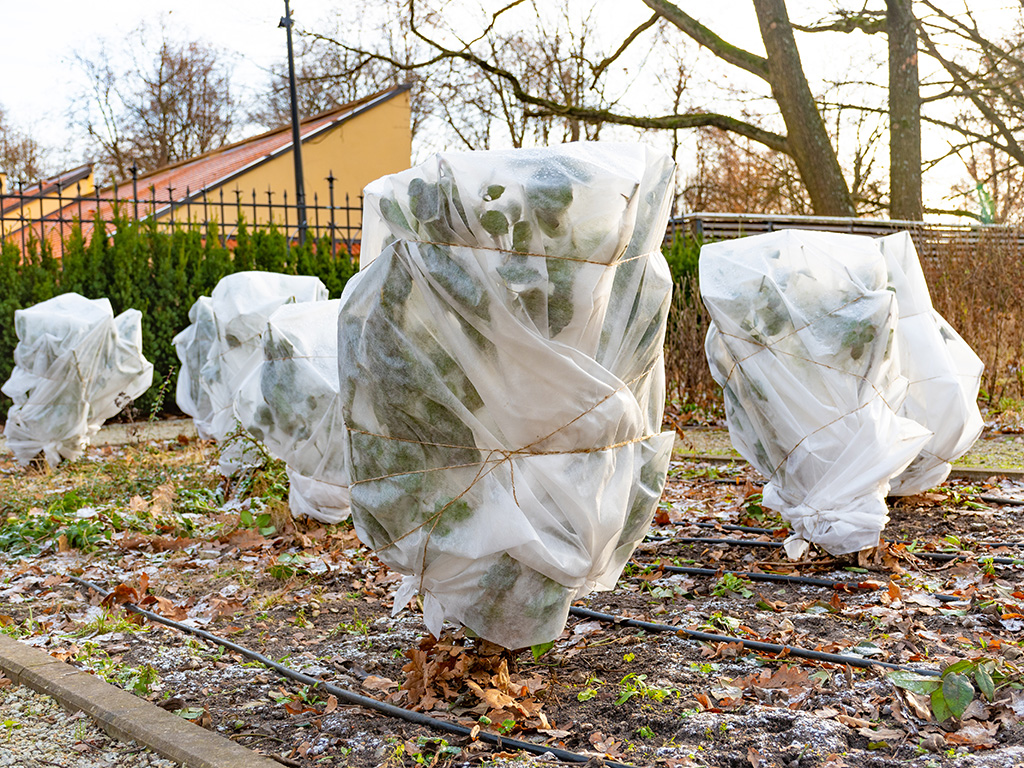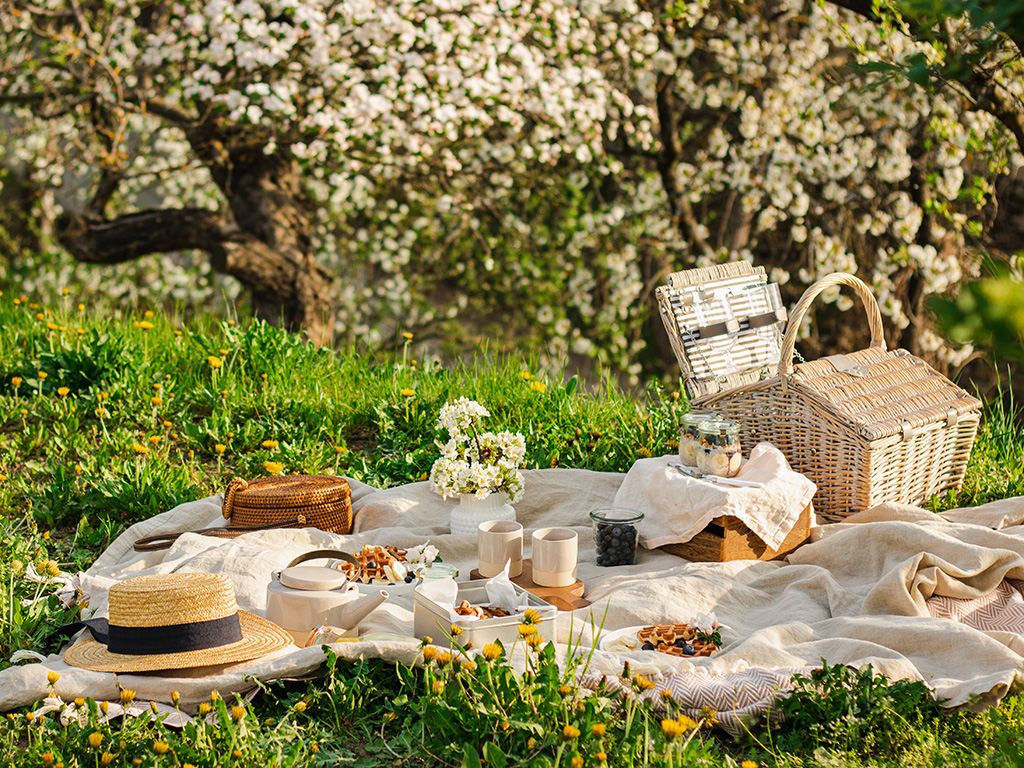As the seasons change, our lifestyles often require constant adjustments to cope with the changing of temperature, humidity and other aspects of nature. Whether it’s trying to keep cool during scorching summers or preventing frozen pipes in winter, here are some handy life hacks to help you conquer common seasonal weather obstacles.
Stay Cool in the Summer
Keeping yourself cool in the summer’s hot weather can be tough, but by using some easy methods, you can fight against high temperatures and stay comfortable. Initially, make an attempt to minimize your direct sun exposure during the most intense hours of day by remaining inside or finding a place under shadow.

To maintain a healthy body temperature, make sure you drink a lot of water. You can also put cold towels on your neck and use a misting fan to experience immediate relief. Also, make sure that your house doesn’t get too hot by following these easy steps:
- Keep curtains or blinds closed during the hottest parts of the day to block out heat and sunlight.
- Use fans strategically to create cross-ventilation by placing one fan facing inward near a window and another facing outward in a different room.
- Focus on lightweight and breathable fabrics for bedding and clothing to stay comfortable during hot nights.
Beat the Winter Cold
Dressing in layers is key to trapping heat close to your body, so wearing thermal underwear, sweaters, and a warm coat can help insulate you against the cold outdoors.

But how can you make sure that your home retains heat during the winter? Make sure to seal any drafts around windows and doors with weather stripping or caulking, and consider using draft stoppers at the bottom of doors. Using a programmable thermostat to maintain a comfortable temperature in your home can help save on energy costs while keeping you warm. It is also important to stay active and maintain a healthy diet to keep your body warm from the inside out!
- Insulate windows with weatherstripping or draft blockers to prevent cold air from entering and warm air from escaping.
- Open curtains during the day to let in sunlight and warmth, and close them at night to minimize heat loss.
- Use door snakes or rolled-up towels to block drafts under doors and prevent chilly air from seeping in.
Prevent Pipes From Freezing

Preventing pipes from freezing is crucial to avoid costly damage and inconvenience during the colder months. If you will be away from home during the winter, leave the heat on and set the thermostat to at least 55 degrees Fahrenheit to prevent pipes from freezing. Additionally, disconnect garden hoses from outdoor faucets and drain them to prevent water from freezing and causing damage.
- Keep cabinets under sinks open to allow warm air to circulate around pipes.
- Let faucets drip during extremely cold temperatures to relieve pressure and prevent pipes from freezing.
- Insulate exposed pipes with foam pipe insulation or heat tape to provide an extra layer of protection against freezing.
Defrost Car Windshields Quickly
Defrosting car windshields quickly is a common challenge during frosty winter mornings. Thankfully, there are several effective hacks to help you clear your windshield efficiently.

- Mix one part water with two parts rubbing alcohol in a spray bottle and spray the solution onto frost-covered windshields for quick defrosting.
- Use a credit card or plastic scraper to remove excess ice, taking care not to scratch the windshield.
- Cover windshields with a folded bedsheet or tarp overnight to prevent frost accumulation.
Comfortable Indoor Humidity
Maintaining a comfortable indoor humidity level is essential for a pleasant living environment throughout the year. Whether it’s hot or cold out, by managing comfortable indoor humidity, you can create a healthier living space for you and your family.

- Use a humidifier in dry winter months to add moisture to the air and combat dry skin, nose bleeds, and static electricity.
- Place bowls of water near heat sources, such as radiators or heating vents, to release moisture into the air naturally.
- Use a dehumidifier during humid summer months to remove excess moisture and prevent mold and mildew growth.
Fight Seasonal Allergies During Spring
One of the best ways to fight seasonal allergies is by taking preventative measures. This includes keeping your home clean and dust-free, changing air filters regularly, and using a high-efficiency particulate air (HEPA) filter in your home. Consulting with an allergist to determine specific allergens and receiving allergy shots or immunotherapy may provide long-term relief from seasonal allergies.

- Keep windows closed during high pollen or allergy seasons to minimize exposure to allergens.
- Regularly clean air vents, fans, and air filters to reduce dust and allergen buildup.
- Use hypoallergenic bedding covers and wash bedding frequently to reduce exposure to dust mites and allergens.
Protect Outdoor Plants From Frost
Protecting outdoor plants from frost is essential to ensure their survival during colder temperatures in the winter. Keep an eye on weather forecasts during the winter so you’ll know when to take extra precautions to protect your plants.

- Cover plants overnight with lightweight fabric or an inverted bucket to provide an extra layer of protection from frost.
- Water plants thoroughly before a frosty night, as moist soil retains more heat and helps protect the roots.
- Move potted plants indoors or into a garage or shed during frost warnings to shield them from freezing temperatures.
Keep Bugs at Bay in Summer
Nothing ruins a picnic like flies and mosquitos, but there are plenty of ways to keep these critters away from your backyard. Keep your outdoor areas clean and free of clutter, as bugs are attracted to food and trash. Using natural bug repellents, such as essential oils or vinegar sprays, can also help keep bugs at bay without the use of harsh chemicals. Regularly mowing your lawn and trimming vegetation can reduce the habitat for bugs to breed and hide. By implementing these strategies, you can enjoy a bug-free summer outdoors.

- Use citronella candles or essential oils to repel mosquitoes and other insects while enjoying outdoor activities.
- Remove standing water sources near your home to eliminate breeding grounds for mosquitoes.
- Plant mosquito-repelling plants, such as lavender, basil, and marigolds, in your garden or outdoor living spaces.
By implementing these simple yet effective seasonal weather hacks, you can tackle various challenges that come with changing weather conditions. Whether it’s staying cool, preventing freezing pipes, or combating allergies, be prepared and make the most of each season. Remember, a little ingenuity goes a long way in conquering any weather-related obstacle!